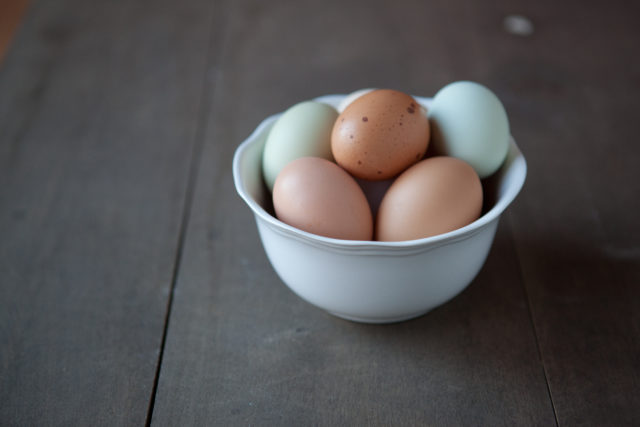I saw an article recently about dry shampoo, which contained enough surprises to make one’s hair stand on end and to negate progress made over 40 years ago. In the 1970s I got rid of my blow dryer because of its drying the hair and reported possible dangers from EMFs (electromagnetic frequencies).
Long before that, while I was still in high school, my mother told me that cornmeal, as used in the hospital when washing the hair, was inconvenient or impossible.
This article reported on five brands of dry shampoo, only one of which was unscented. Fragrance, listed in the ingredients of any product, is to be avoided unless it is natural. Otherwise, it has a chemical base, in many cases linked to causing cancer. The purpose is to remove natural oils from the hair and scalp, oils which are beneficial before they build up. Another purpose is to remove other styling products, which should not have been used, anyhow.
Talc is a common ingredient, which has been linked to cancer through breathing. At least 20 years ago many people were discarding their cans of it and there was talk of banning it.
Besides dry shampoos, stores find room on their shelves for an amazing number of regular shampoos, requiring water, and conditioner. However, to find the best shampoo/conditioner, with no need to read the ingredients, one need only go to the refrigerator and take out one egg or two, depending upon the volume of one’s hair.
The egg(s) should be beaten until foamy; then, after adding four or five drops of any mineral oil or salad oil, beaten a bit more to mix in the oil. The egg-oil mixture is then worked into dampened hair while the scalp is rubbed well, as with any shampooing. Rinse with lukewarm water, but it is not necessary to remove all of the mixture, as any that has been left in the hair will act as a conditioner and give the hair more body. For the final rinse, add two tablespoons of cider vinegar to one cup of lukewarm water. No other conditioners or setting gels are needed.
Aside from all other positive benefits of this natural approach, one will also see dollar savings.
Byrna Porter Weir was born and grew up in Houlton, where her parents were portrait photographers. She now lives in Rochester, N.Y.








